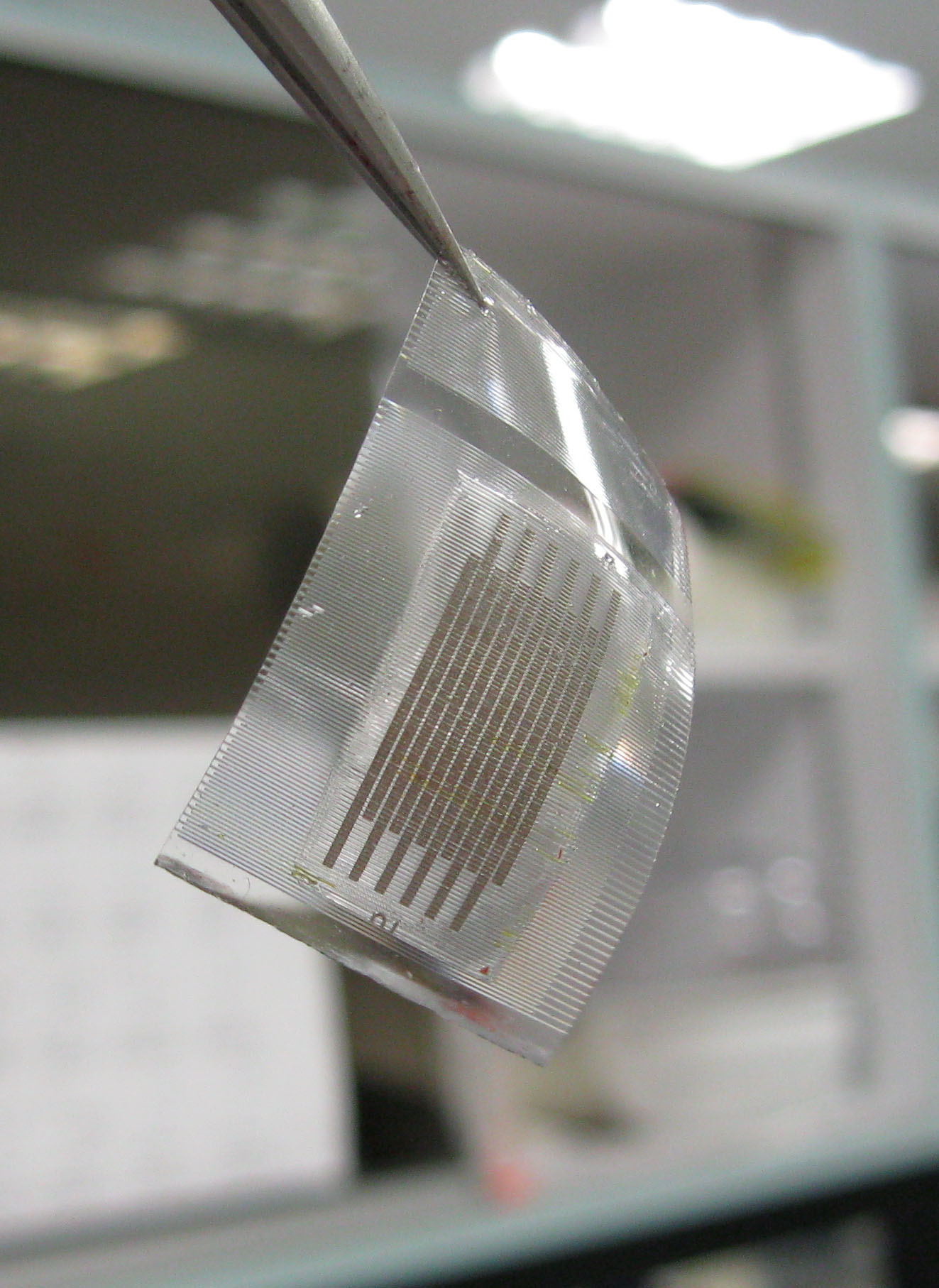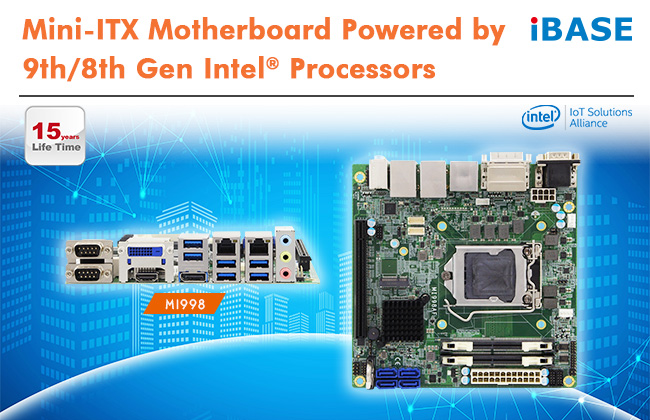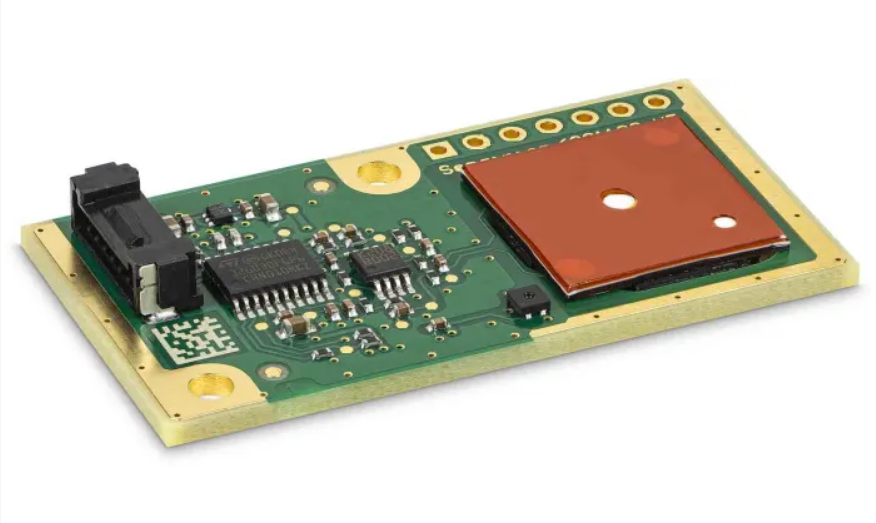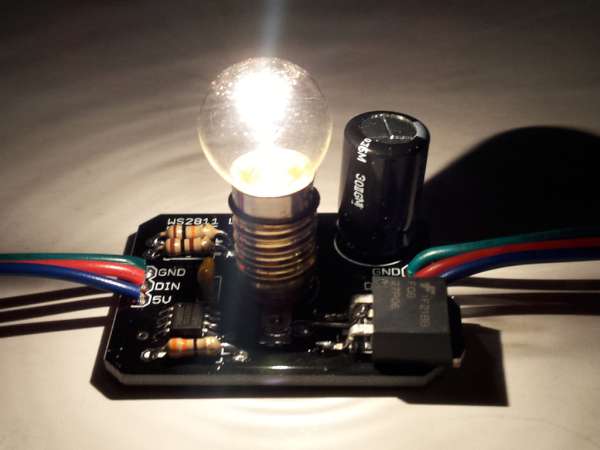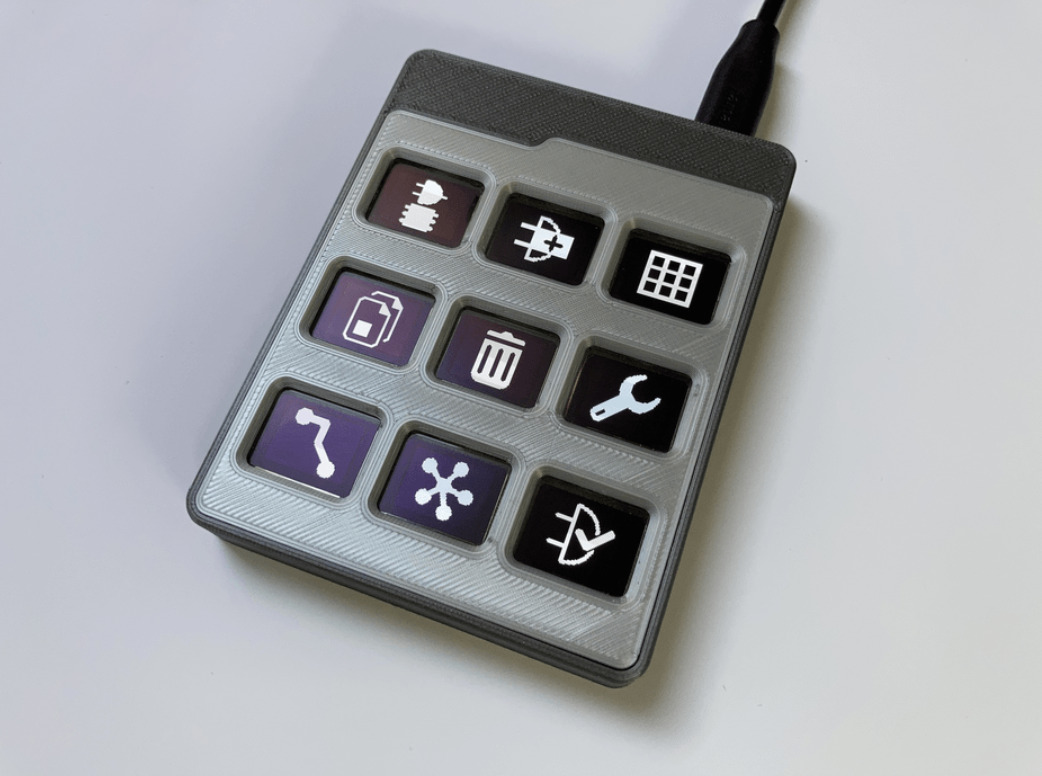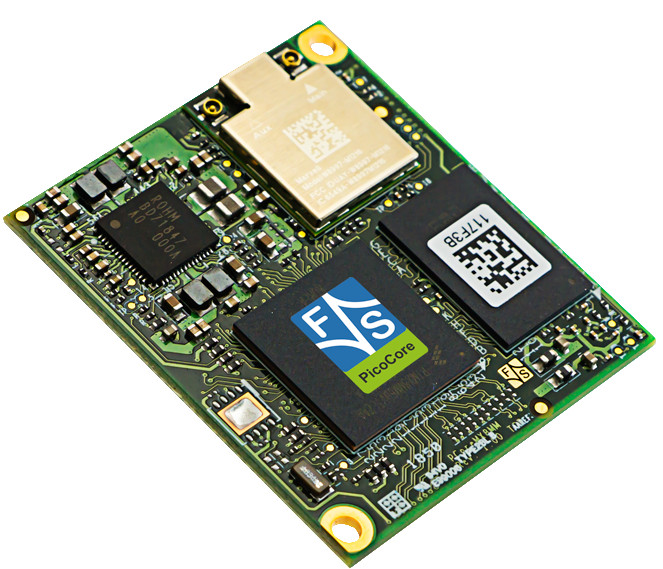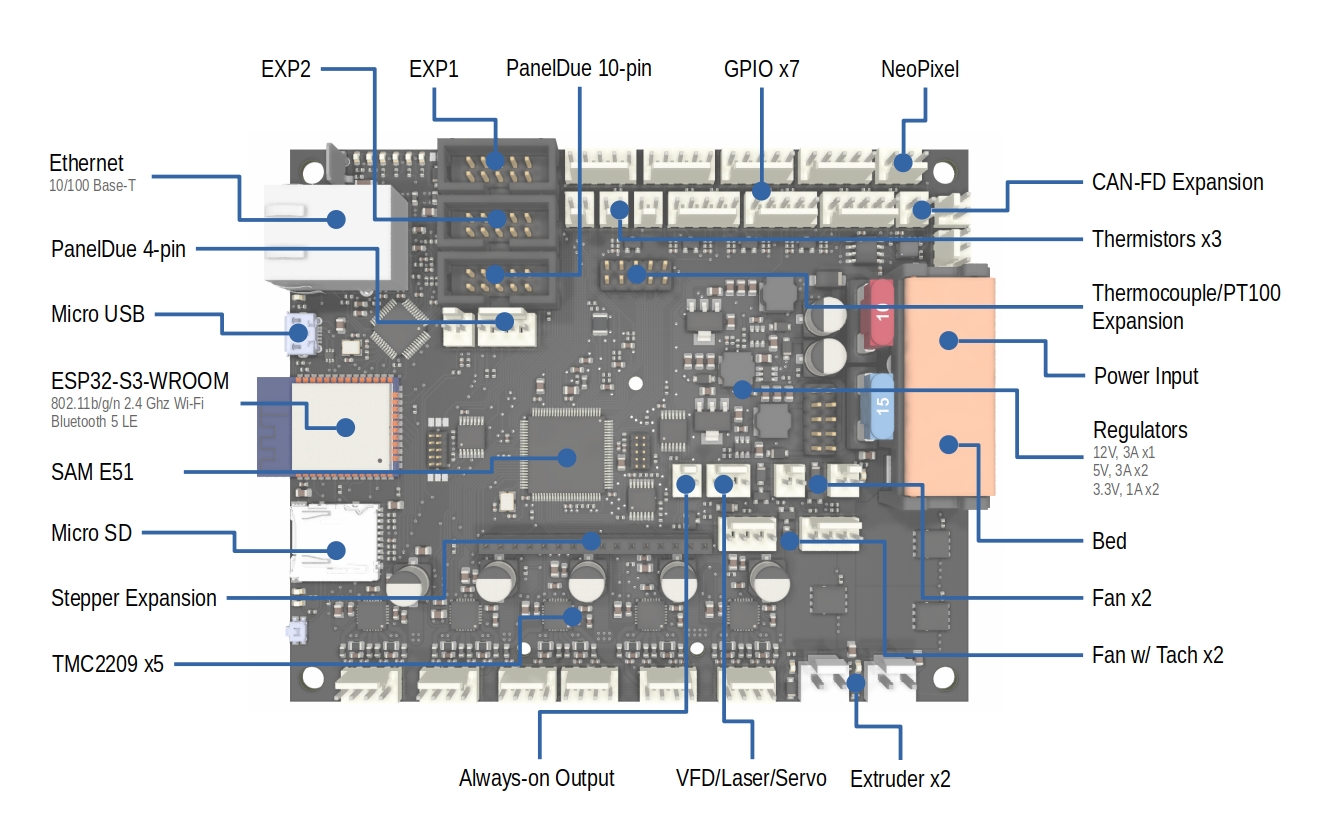
Around a decade ago, 3D printers were bulky, expensive machines only used by industries and not available for a large group of people except professionals. 3D printing technology has come a long way since then. But with the open-source movement, 3D printers are now affordable for makers, designers, engineers, hobbyists, and even students. With 3D printers, anyone now can craft their personalized designs. It’s a perfect gadget for a maker or a 3D printing enthusiast. Nowadays, some affordable 3D printers can provide printing quality that looks like professional 3D printing. As a result, 3D printers are now more popular than ever.
Well, it’s fairly easy to start your way into additive manufacturing. But the first thing you will need, besides a good 3D printer, is a 3D printer controller. The controller board is responsible for all the logic behind 3D printing. It takes care of things such as parsing G-code files, regulating temperature, and most importantly, controlling FDM (Fused Deposition Modeling) and stepper motors. Nowadays, 3D printing hardware comes with advanced features like 1/256 micro-stepping, UART Mode, and Wi-Fi, among others.
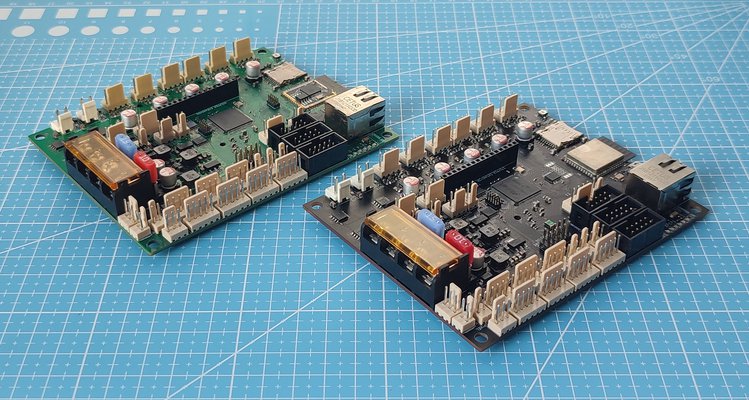
Likha Labs recently announced their open-source ESP32 based 3D printer controller, which comes with built-in Wi-Fi and Ethernet. On their CrowdSupply page, they described it as a 3D printer controller with a focus on network connectivity. Their controller is called Phi Mainboard 5LC, and it provides a web interface that one can use to interact with the 3D printer over a local network. Therefore, you will no longer need a single-board computer like a Raspberry Pi. The web interface allows uploading G-code files, configuration settings, starting jobs, controlling the device, and monitoring printing. Overall, this hardware saves money and simplifies your setup.
It is built around the ESP32-S3-WROOM module and a SAM E51 microcontroller. The ESP32 handles networking, data storage, USB communication, and displays. And the microcontroller takes care of all motion and real-time controls in a 3D printer. This ensures that controlling the printer and networking happens parallelly, and one process doesn’t bog down the other.
The hardware supports a wide range of displays, stepper drivers, and other hardware peripherals like filament monitors, thermocouples, accelerometers, etc. Adding to its flexibility, Phi can also be used to drive other digital fabrication equipment, such as CNC machines.
The technical specifications of the controller hardware are as follows:
Physical
- 123 x 100 mm, M4 mounting holes
- 4 layers with 2 oz. outer copper layers (for better heat dissipation)
Processors
- Espressif ESP32-S3-WROOM-1-N8
- 512 KB SRAM
- 8 MB SPI flash
- Dual-core 240 MHz Xtensa LX7
- Microchip ATSAME51N19A
- 192 KB SRAM
- 512 KB flash
- 120 MHz Cortex-M4F
Interfaces
- Micro SD
- SD v3.0 and v3.01, SDIO v3.0, CE-ATA v1.1, MMC v4.41
- Micro USB
- USB 2.0 full-speed (up to 12 Mbit/s)
Networking & Connectivity
- Bluetooth 5 LE
- 802.11b/g/n 2.4 GHz Wi-Fi
- 10/100 Base-T Ethernet
Power
- Input voltage (VIN) range 11 V – 25 V
- Input connector rated up to 25 A
- On-board regulators
- 1x 12 V, 3 A
- 2x 5 V, 3 A
- 2x 3.3 V, 1 A
Machine Features
- 5x TMC2209 stepper drivers
- 2 A RMS
- Up to x256 microstepping
- StealthChop2 (for silent operation)
- StallGuard2 (for stall detection and sensorless homing)
- 2x extruder heaters (each up to 5 A)
- 1x bed heater (up to 15 A)
- 3x thermistors or PT1000s
- 4x PWM fans, 1x always-on
- 2x with tach input
- Selectable between VIN and 12 V in two banks
- 1x VFD/Laser/Servo (5 V output)
- 7x GPIO ports (for end-stops, filament monitors, Z-probes, SSRs, etc.)
- 30 V tolerant input
- 3.3 V output
Specialty Ports
- EXP1, EXP2
- PanelDue 4-pin & 10-pin
- NeoPixel
- CAN-FD expansion
- Stepper expansion
- Thermocouple or PT100 expansion
Overall, Phi is an amazing tool for makers, hobbyists, and even professionals who like to experiment with 3D printing and enjoy customization. Phi is open-source and the schematic, PCB layout, GCC, and CMake for firmware are freely available on their GitHub page.
Phi Mainboard 5LC CrowdSupply Page: https://www.crowdsupply.com/likhalabs/phi-mainboard-5lc





